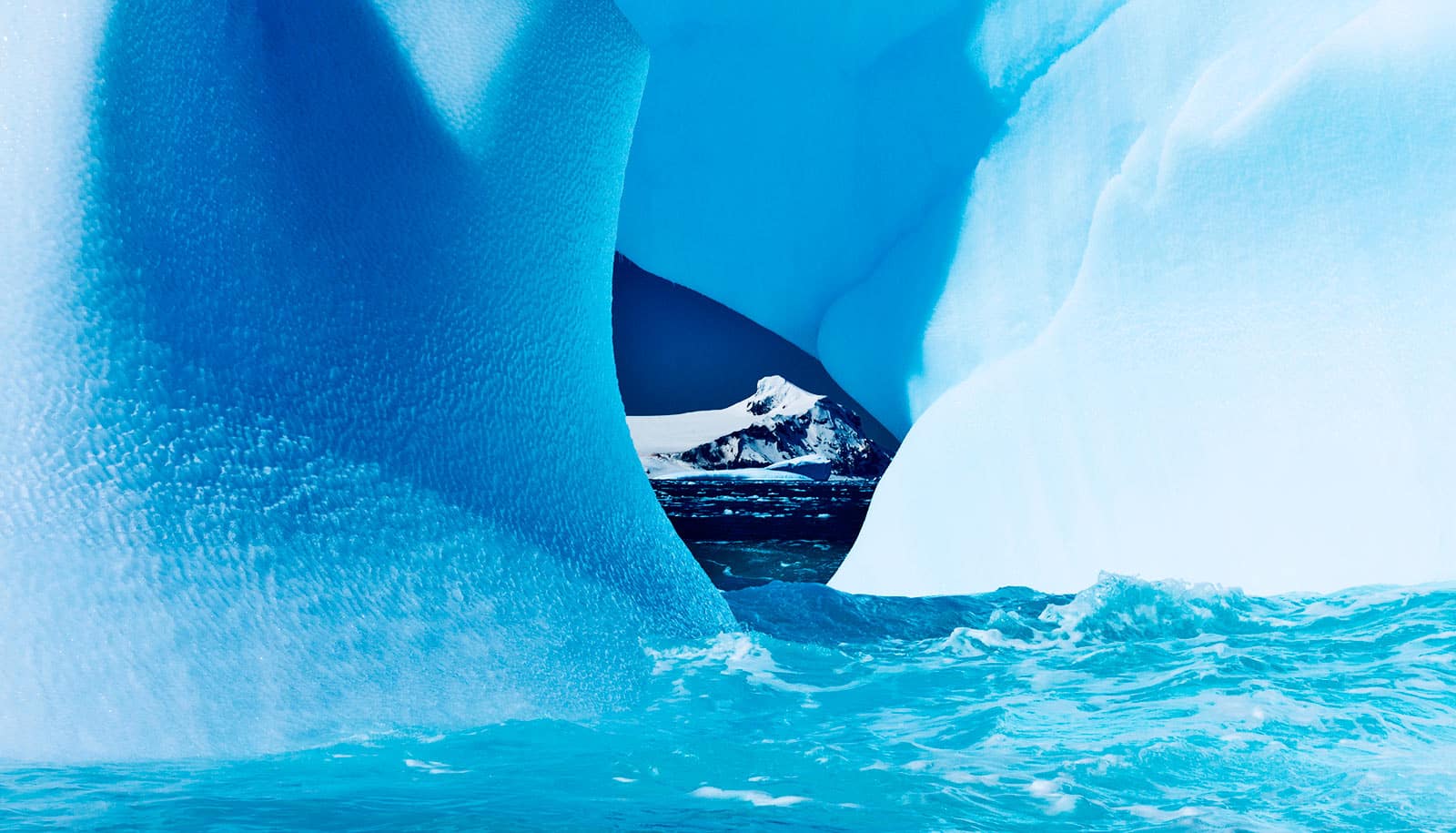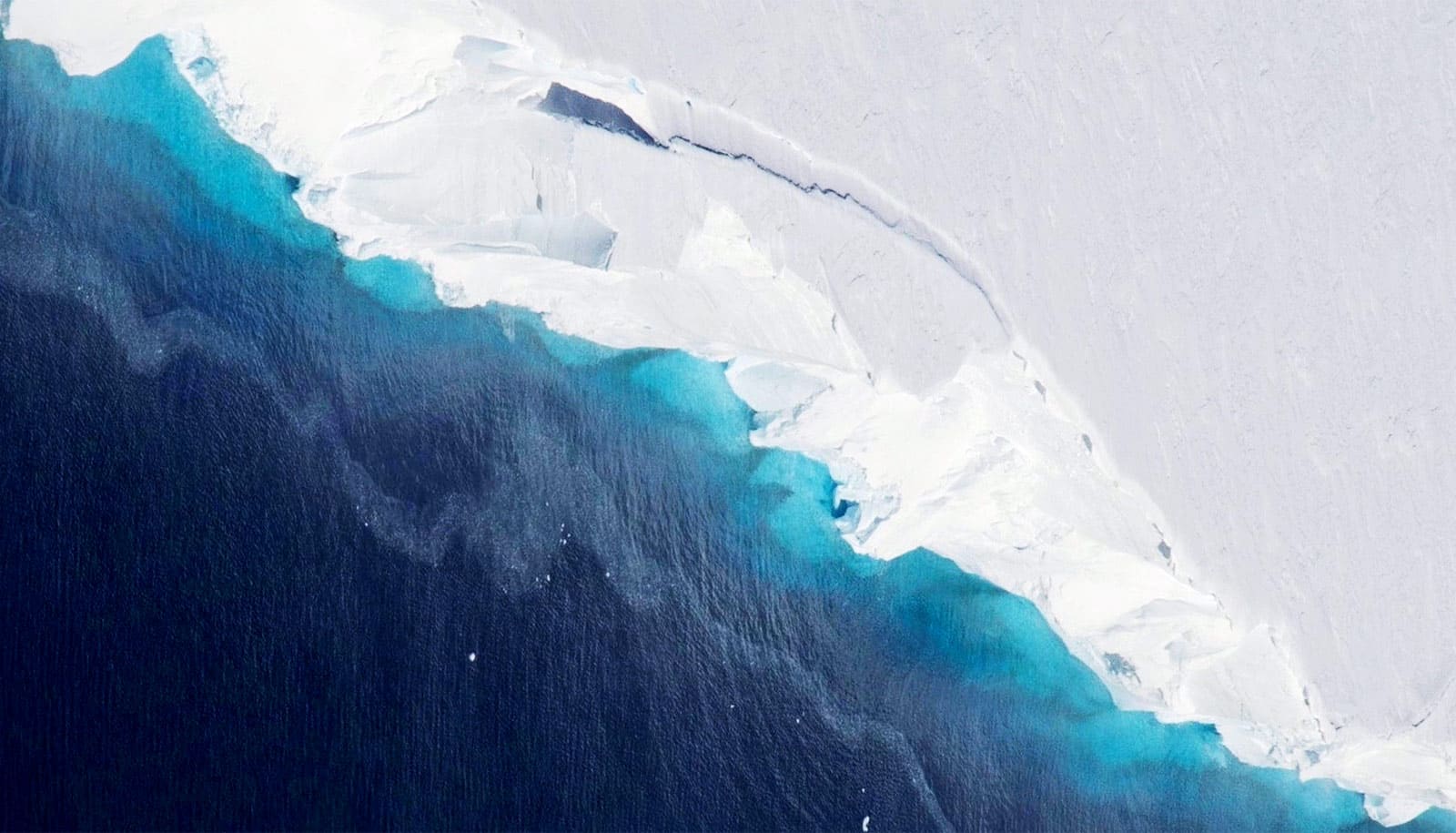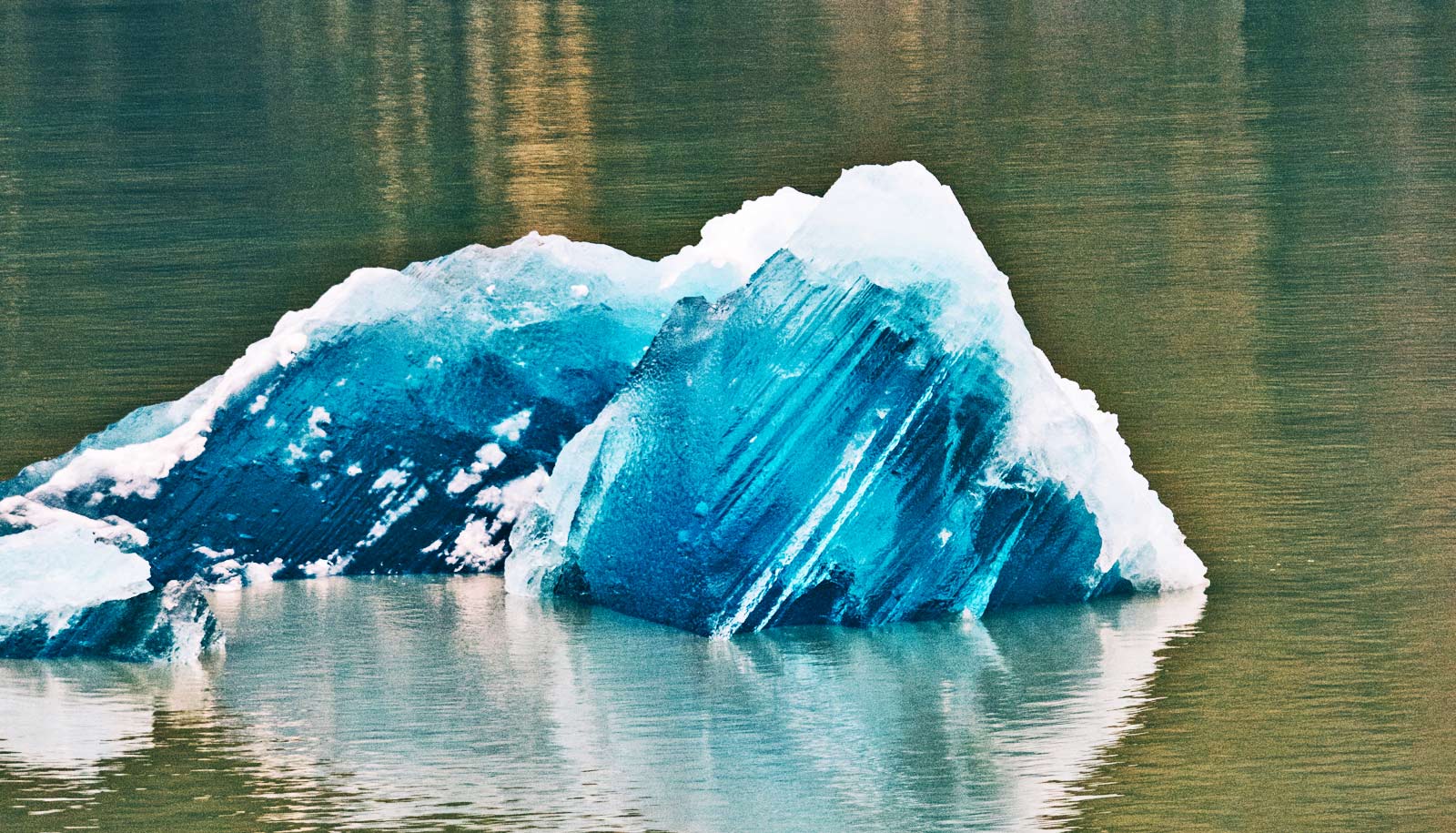
(Credit: Getty Images )
Ice sheet melt will slow warming but speed sea level rise
"Warming won't be as bad as fast as we thought, but sea level rise will be worse."
The melting Antarctic ice sheet will delay atmospheric warming by about a decade but speed up sea level rise, according to new research.
The study, which appears in Nature, is the first to project how the melting of the Antarctic ice sheet will affect future climate, says first author Ben Bronselaer, adding that current climate models don’t include the effects of melting ice on the global climate.
The entire Earth will continue to warm, but the atmosphere will warm more slowly because more of the heat will be trapped in the ocean, he says.
“Warming won’t be as bad as fast as we thought, but sea level rise will be worse,” says Bronselaer, a postdoctoral research associate in the geosciences department at the University of Arizona.
Tropical rain belt
Observations show that the Antarctic ice sheet has been melting faster in recent years.
The researchers found that by the year 2100, sea level could rise as much as 10 inches more than the previous estimate of approximately 30 inches by 2100.
To figure out whether the melting of the Antarctic ice sheet would affect global climate, the team modified one of the most current climate computer models to include the ice melt, which indicated that the global temperature would increase by 2 degrees C (3.6 degrees F) by the year 2065, rather than the year 2053.
In addition to slowing warming and increasing sea level, the melting of the Antarctic ice sheet will change precipitation regimes because the tropical rain belt will shift north, says senior author Joellen Russell, chair of integrative science and associate professor of geosciences.
“Our projections indicate the tropical rain belt will shift toward the Northern Hemisphere, making it slightly wetter in the Northern Hemisphere and slightly drier in the Southern Hemisphere than previously predicted,” Russell says.
Surprise finding
Russell leads the National Science Foundation-funded Southern Ocean Carbon and Climate Observations and Modeling (SOCCOM) group charged with improving the representation in the computer models of global climate for the Southern Ocean—the ocean that surrounds Antarctica. Researchers previously thought the melting Antarctic ice sheet would only affect sea level, not the entire climate system.
To test that idea, Bronselaer and his colleagues ran a climate model with and without the ice- sheet melting included. The scientists used a climate model from the National Oceanic and Atmospheric Administration’s Geophysical Fluid Dynamics Laboratory in Princeton, New Jersey, called ESM2M and tested the simulation over the time period from 1950 to 2100.
“The melting delays warming—it’s still warming but it will warm less steeply and give us another 15-year grace period.”
In addition, they set the level of greenhouse gas emissions for the 21st century using the scenario known as RCP8.5, sometimes called the “business-as-usual” scenario.
Bronselaer and Russell were both surprised by the findings. They didn’t expect the Antarctic meltwater to affect the global climate system.
Ocean circulation moves heat from the equator to the poles. The heat is then released into the atmosphere, Russell says. The team’s new research reveals, however, that the additional freshwater from the melting ice sheet acts like a lid on the waters around Antarctica and retards the release of heat.
“It’s the first new identified feedback on climate in 20 years,” Russell says. “The melting delays warming—it’s still warming but it will warm less steeply and give us another 15-year grace period.”
Another SOCCOM team has deployed robotic floats throughout the Southern Ocean that are gathering temperature, salinity, and biological and chemical information about the ocean.
Russell says her next steps are evaluating climate models against the observations from the SOCCOM floats to see what else the models might be missing.
Additional coauthors are from the University of Arizona, NOAA, and Princeton University. In addition to the NSF, NOAA and NASA also funded the research.
Source: University of Arizona
The post Ice sheet melt will slow warming but speed sea level rise appeared first on Futurity.
Share this article:
This article uses material from the Futurity article, and is licenced under a CC BY-SA 4.0 International License. Images, videos and audio are available under their respective licenses.


